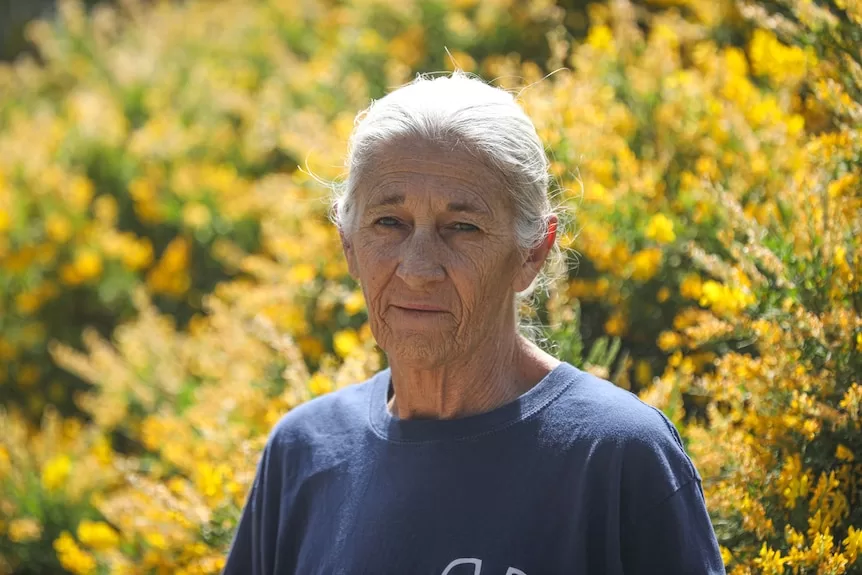The resounding No vote in Western Australia has been met with relief by many who say it was a distraction that divided the country.
Key points:
- Darkan was among many rural communities that recorded a strong No vote
- Many residents felt the Voice was not needed and divided the community
- Others fear it will have ramifications for reconciliation
They now want a guarantee that money set aside for Indigenous communities is being spent to benefit those who need it most.
The WA premier has vowed to unite the community and keep working to improve the lives of Aboriginal people after 60.7 per cent of Australians voted against the Voice referendum.
But some in remote WA Indigenous communities say they have now lost faith, with ramifications for reconciliation between Indigenous and non-indigenous Australians.
A big No from Wheatbelt town
Western Australia recorded the third-highest No vote in the country at 63.7 per cent, with just 36.23 per cent supporting the constitutional change.
The Wheatbelt town of Darkan was one of many rural communities where the No vote was much higher, with 87 per cent of the almost 200 voters against the Voice proposal.
Darkan local Sandra Moore said it was not needed and divided the country.
“Well, for my own opinion I just didn’t want the constitution changed,” Ms Moore said.
The Aboriginal cultural heritage laws and live sheep export issues badly eroded trust in the state and federal governments within the small farming town.
Shire of West Arthur President Neil Morrell said beyond that, there was no campaigning by either side in Darkan and little information.
“The current government seems to get sidetracked into individual things like the Voice and they forget about what’s happening in the real countryside.”
Other strong pockets of opposition were in Moonyoonooka on the fringes of Geraldton, the Great Southern farming community of Newdegate and Mukinbudin in the Wheatbelt.
Calls for Indigenous spending audits
There’s support among some Darkan locals, like Mr Morrell and Ms Moore, for calls to audit the money spent on Indigenous programs.
“The audit needs to be done because there’s people sitting at the top with billions of dollars in their bank accounts and the little people are not getting it,” Ms Moore said.
“And that’s where it needs to go, like [senator] Jacinta Price said. It needs to be put where the people need it to go.”
WA Premier Roger Cook said audits of government spending were already carried out, including an expenditure review of Indigenous programs.
Mr Cook also said a voice to the WA parliament was not on his agenda and promised to keep closing the gap in Indigenous disadvantage.
“This has been a difficult campaign and it’s one that many people will look on with some regret, and sadness,” Mr Cook said.
“What is important now is we take the opportunity to unite the community, making sure we take the opportunity to improve the lives of Aboriginal people.”
But the path forward appears fraught.
A lasting impact
Speaking from the remote Tjukurla community, near the Northern Territory border, Ngaanyatjarra Elder Elizabeth Marrkilyi Ellis said the No vote would have a lasting impact.
“It won’t be a respectful relationship anymore, because the Aboriginal people have lost faith in white Australia,” Dr Ellis said.
“It will affect the way people live together and the way people work together.”
She did not want more reports and studies on Indigenous disadvantage in the aftermath of the Voice referendum.
“We don’t want any more consultations from now on. We want to do it ourselves,” she said.
